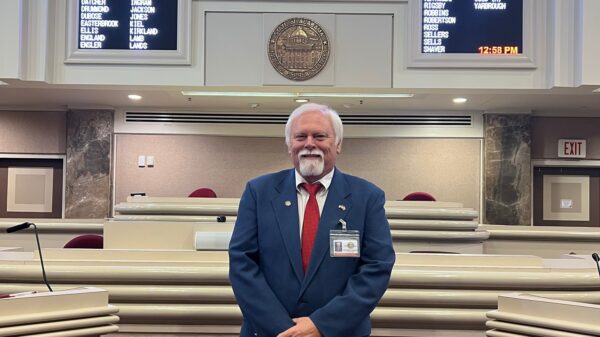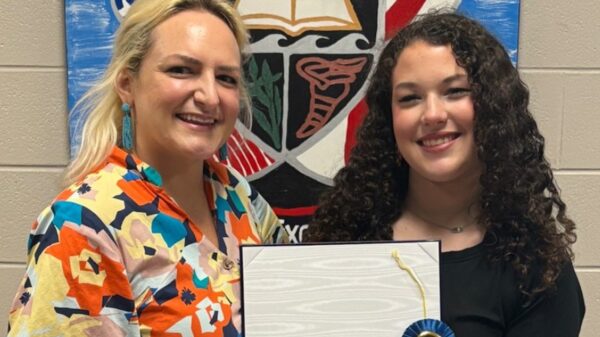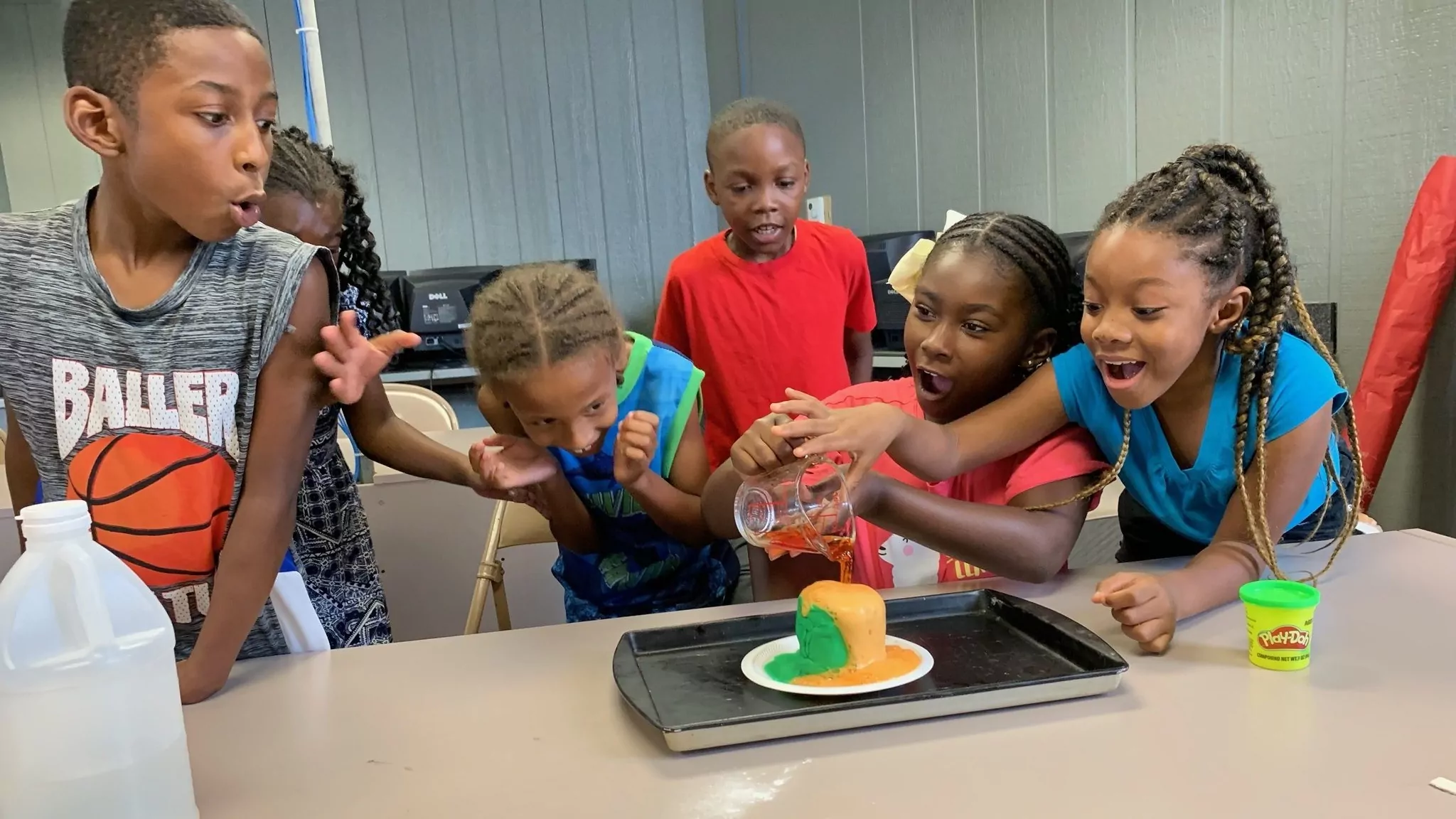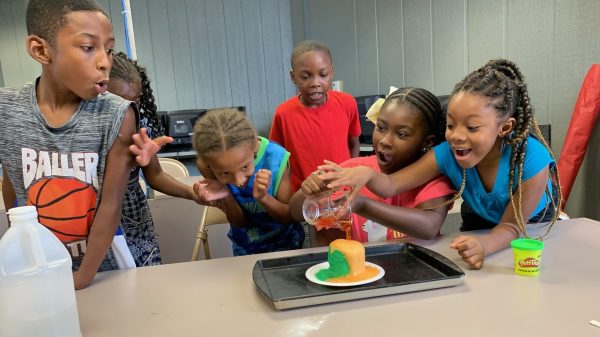This summer, thousands of Alabama students who participated in summer learning programs utilizing the Alabama-based nonprofit Summer Adventures in Learning (SAIL)’s quality assurance framework gained an average of more than 2.1 months of academic growth in reading and 1.6 months in math.
Research shows that students who do not participate in high-quality summer learning programs typically lose two months or more of learning in both reading and math. However, for 13 consecutive years, programs aligned with SAIL’s quality assurance framework have instead turned typical summer learning losses into measurable gains.
SAIL’s quality assurance framework helps independent programs plan, measure and validate their effectiveness. Grounded in 22 replicable, research-based markers of quality, SAIL-aligned programs incorporate 150 to 180 hours of total programming with a focus on small class sizes led by certified teachers, rigorous academics, healthy meals, social-emotional learning, and more.
“This year, summer learning in several communities looked very different from recent years,” said Jim Wooten, president of the Summer Adventures in Learning Board of Directors. “Federal pandemic relief dollars that states had used to expand summer enrichment had ended, leading many public programs to scale back or close. As a result, finding alternative ways to support high-quality, community-based summer programs that focus on developing the whole child is now more important than ever. We were proud to share nearly $1 million to help dozens of community-based programs provide families with a safe and supportive place for their children this summer.”
This summer, a record 54 programs operating at 84 sites across 31 Alabama counties utilized SAIL’s framework. In total, more than 2,900 students across the state attended one of these programs. Nearly all participating students (86 percent) were eligible for free or reduced lunch. Eighty-two percent of enrolled students completed the whole summer, and the programs reported an average daily attendance of 85 percent.
SAIL was founded in 2012 to foster support for rigorous summer learning across the state. SAIL helps non-profits, faith-based organizations, and other community groups conduct high-quality summer learning programs by facilitating assessments, peer learning and funding opportunities to ensure that Alabama students thrive. Since its inception, SAIL has invested over $11 million in summer learning and has helped more than 24,700 students replace summer learning losses with academic gains.
SAIL programs are encouraged to develop their own curriculum. Most incorporate best practices from summer camp and school to maximize student engagement and learning opportunities. This flexibility allows each program to design a summer learning experience that meets students where they are academically, is tailored to the child’s interests, and addresses the needs of the whole child.
- To view a list of programs receiving SAIL funding in Birmingham:
https://sailalabama.org/birmingham/
- To view a list of programs receiving SAIL funding in the Black Belt region:
https://sailalabama.org/blackbelt/
- To view a list of programs receiving SAIL funding in the rest of Alabama:
https://sailalabama.org/outstate/
Among the 84 SAIL-affiliated program sites this year were 23 Boys and Girls Club-operated programs. This is the first year that all 13 organizations in the Alabama Alliance of Boys and Girls Clubs adopted SAIL’s quality standards. Four Boys and Girls Club organizations (Central Alabama, West Alabama, North Alabama, and Southeast Alabama) were previously affiliated.














































